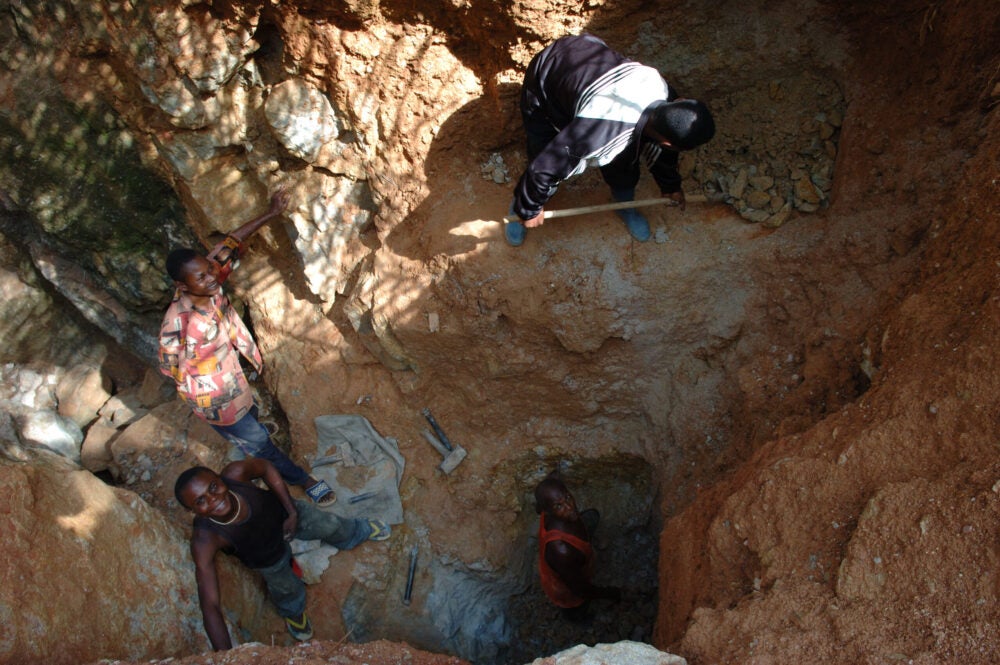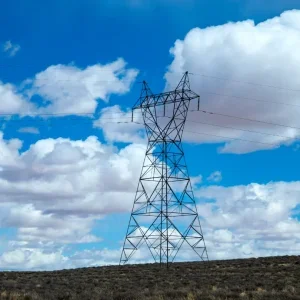
A technology provider has achieved the first minerals to be exported through the use of blockchain payments worth $250,000.
The milestone was recorded by Minexx, which exported minerals from the Democratic Republic of Congo (DRC) with full financial traceability, transparency and trust.
It is a first for the company and the DRC mining sector as it secures the supply chain from the moment a mineral is mined to the point at which it is used in the manufacture of technology, such as smartphones and electric vehicles.
The demand for minerals such as cobalt, copper, tin and tungsten has rapidly increased in line with the growing appetite for technology. Much of this mined raw material is sourced by artisanal miners – an estimated 250 million people depend on this informal industry, many of which are in sub-Saharan Africa.
“It is the most unsophisticated $100bn market in the world,” said Minexx CEO and co-founder Marcus Scaramanga.
“But through advances in technology, such as blockchain and digital payments, we have an opportunity to reshape this sector, from the moment a mineral comes out of the ground, tracing its journey into our consumer goods.”
Blockchain improves transparency and accountability
Blockchain technology is being increasingly deployed across industries for a myriad of purposes – often as a means to improve corporate transparency and accountability through the capacity to produce and maintain a trusted record of transaction activity throughout a supply chain.
In a sometimes murky world of extractive mineral sourcing, it is easy to see how a technology that makes traceability more effective through digital certification and permanent record-keeping could be beneficial.
Minexx refers to blockchain as the “immutable digital ledger” and claims it has a “critical role in improving the traceability schemes”.
Coupled with digital payments, it brings the supply chain fully into the financial system while delivering operational efficiencies to reduce the cost to market.
The Minexx blockchain platform, which has global application, enables trade and compliance – bringing benefits to miners, smelters, traders, tech companies and governments while directly impacting 10 of the 17 UN’s Sustainable Development Goals.
From 1 January this year, the EU brought in new regulations to ensure companies importing tin, tungsten, tantalum and gold, meet international responsible sourcing standards set by the Organisation for Economic Co-operation and Development (OECD). It requires companies to carry out due diligence from this date by law.
The EU regulation also aims to ensure that global and EU smelters and refiners source these minerals responsibly.
“This is good for the miners at one end of the supply chain and consumers at the other,” said Scaramanga.
“In between, tech companies, along with smelters and refiners, can operate with more certainty about the integrity of their supply chains and the more transactions are flowing in the financial system, the greater the ability of governments to tax. Crucially, it also benefits the artisanal miners.
“The platform provides an all-round solution to the compromised clean tech transition, bringing traceability, transparency and trust.”






